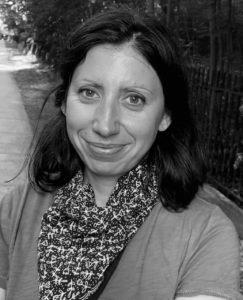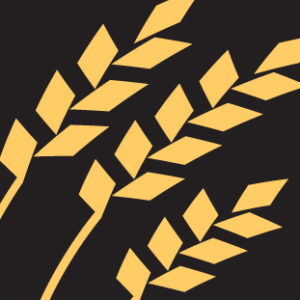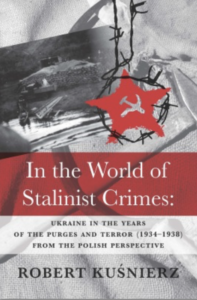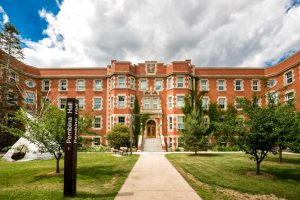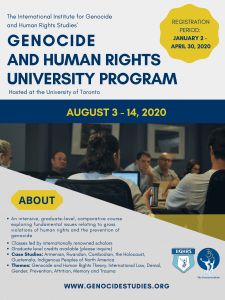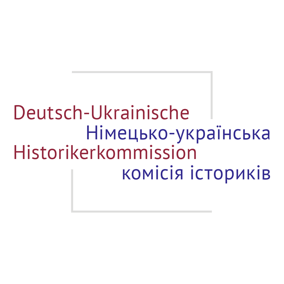Announcements
-

Online Series Emerging Scholarship on the Holodomor, Session 1
The Holodomor Research and Education Consortium (HREC) announces the online series Emerging Scholarship on the Holodomor, initiated to support innovation in the study of the Holodomor and related topics. Each monthly session will feature a presentation by an early career scholar on their current research, followed by comments from an expert in the field and discussion with […]
Read more -

“Was the Holodomor a Genocide?”
Among the mass crimes committed by totalitarian regimes in the twentieth century, the Holodomor in Soviet Ukraine undeniably holds a special place. This webinar will feature Andrea Graziosi (Rome), Yaroslav Hrytsak (Lviv), Georgiy Kasianov (Kyiv), Daria Mattingly (Cambridge), and Martin Schulze Wessel (Munich) debating whether the Holodomor was in fact a genocide and other questions […]
Read more -

In the World of Stalinist Crimes: Ukraine in the Years of the Purges and Terror (1934‒1938) from the Polish Perspective
Robert Kuśnierz’s book addresses Soviet Ukraine during the Stalinist purges and Great Terror of 1934–38 as seen from the perspective of Polish diplomats then working there. What sets it apart from other studies of the Great Terror is its extensive use of hitherto unknown archival materials, including documents prepared by the interwar Polish Ministry of […]
Read more -

HREC Becomes a Partner of the Heritages of Hunger Project
HREC in 2019 became a partner on the project “Heritages of Hunger,” selected for funding by the Dutch Research Council (NWO – the national research council of the Netherlands). The five-year project, budgeted at 1.8 million Euro, will examine how commemorating and teaching about European famine legacies (at schools, heritage sites, museums, etc.) can create […]
Read more -

Announcing the 2020 HREC Research Grants Competition
The Holodomor Research and Education Consortium (HREC) announces its 2020 Research Grants Competition. Grants are intended to support research that expands our knowledge and understanding of the Holodomor; publication and translation of research results; preservation of materials; and organization of and participation in academic forums. Examples of research that could be supported include the policies […]
Read more -

HREC Fellowship to Attend the 2020 Genocide and Human Rights University Program
GHRUP is organized by the International Institute for Genocide Studies, a division of the Zoryan Institute, and provides participants with the intellectual framework to understand complex issues related to genocide.
Read more -

Call for Papers: Berlin Conference of the German-Ukrainian Historical Commission
The German-Ukrainian Historical Commission has issued a call for papers for a conference, “The Holodomor in Academic and Public Debates: Ukrainian and European Perspectives.”
Read more
